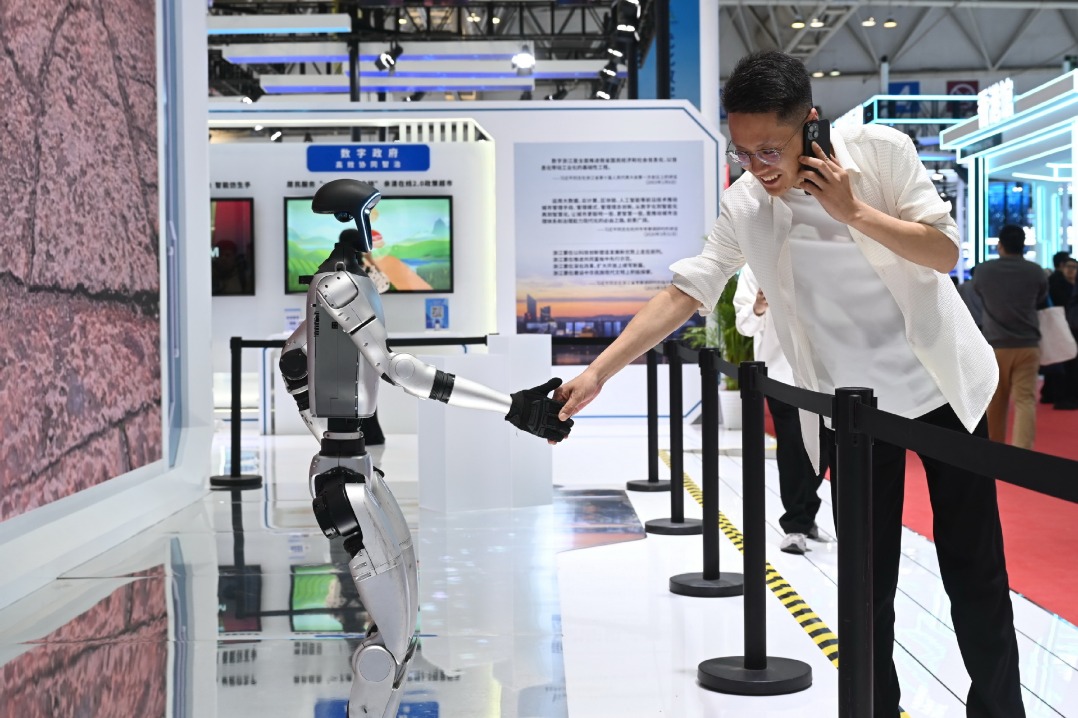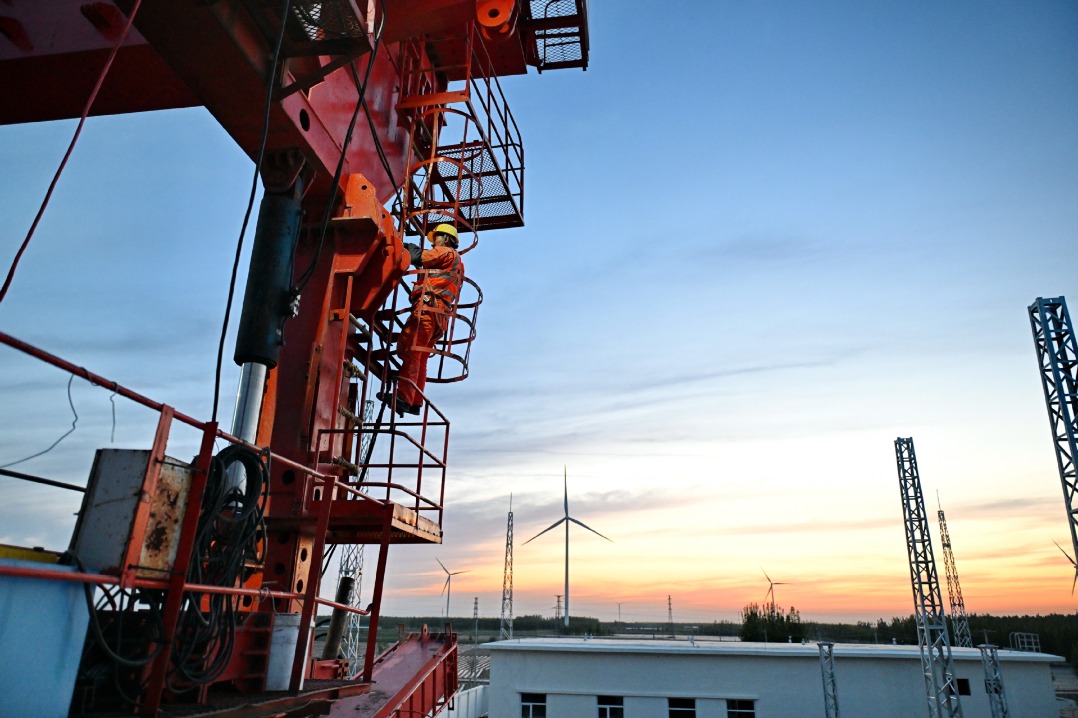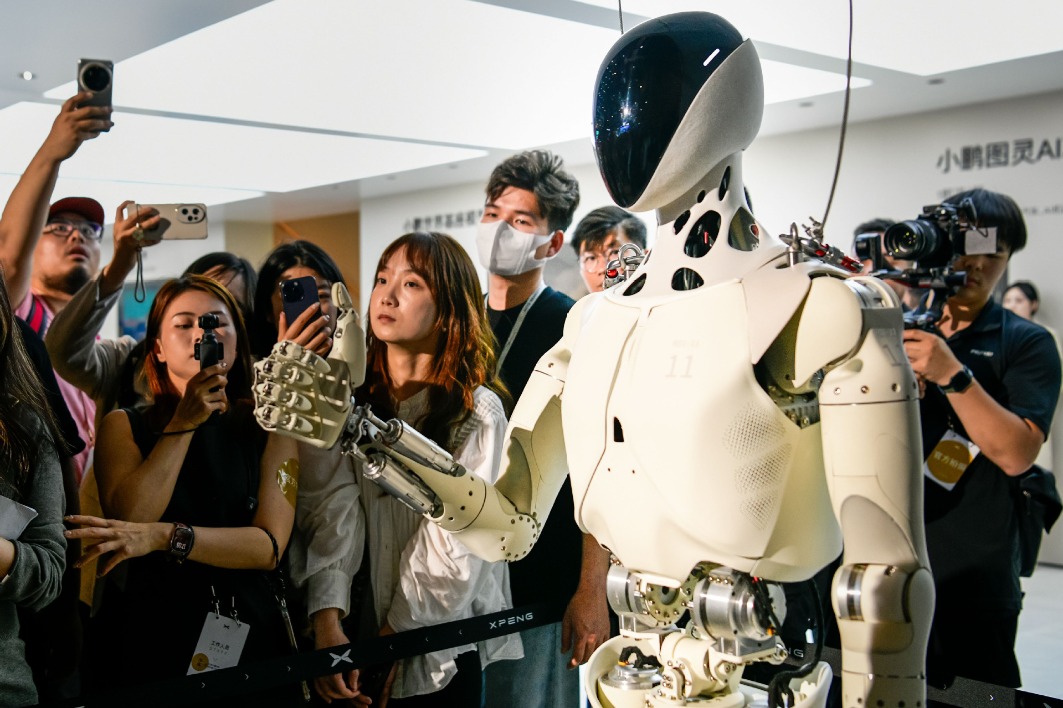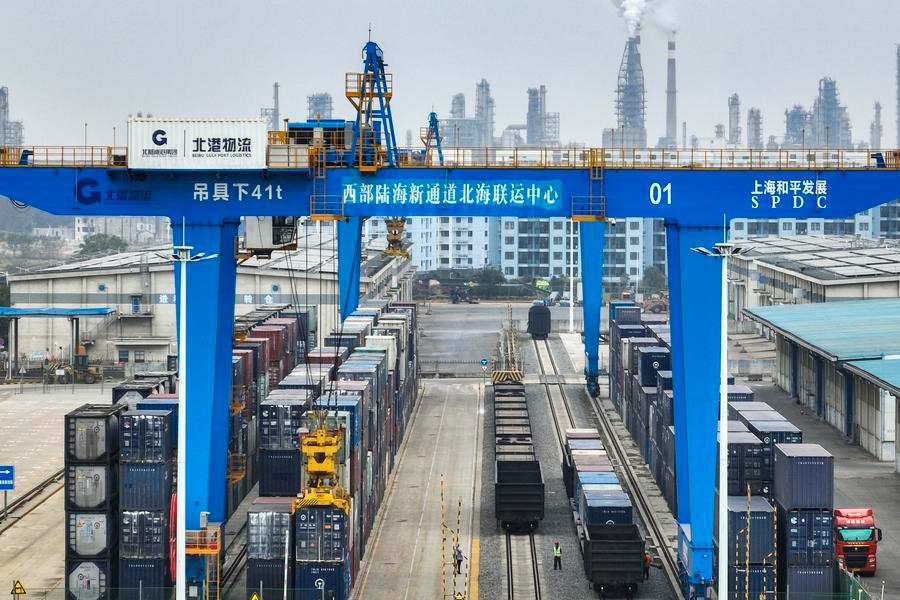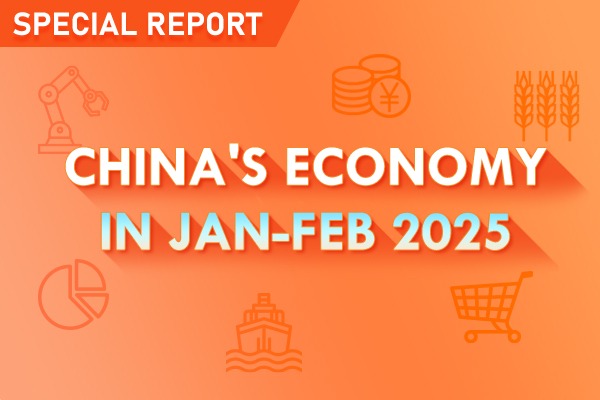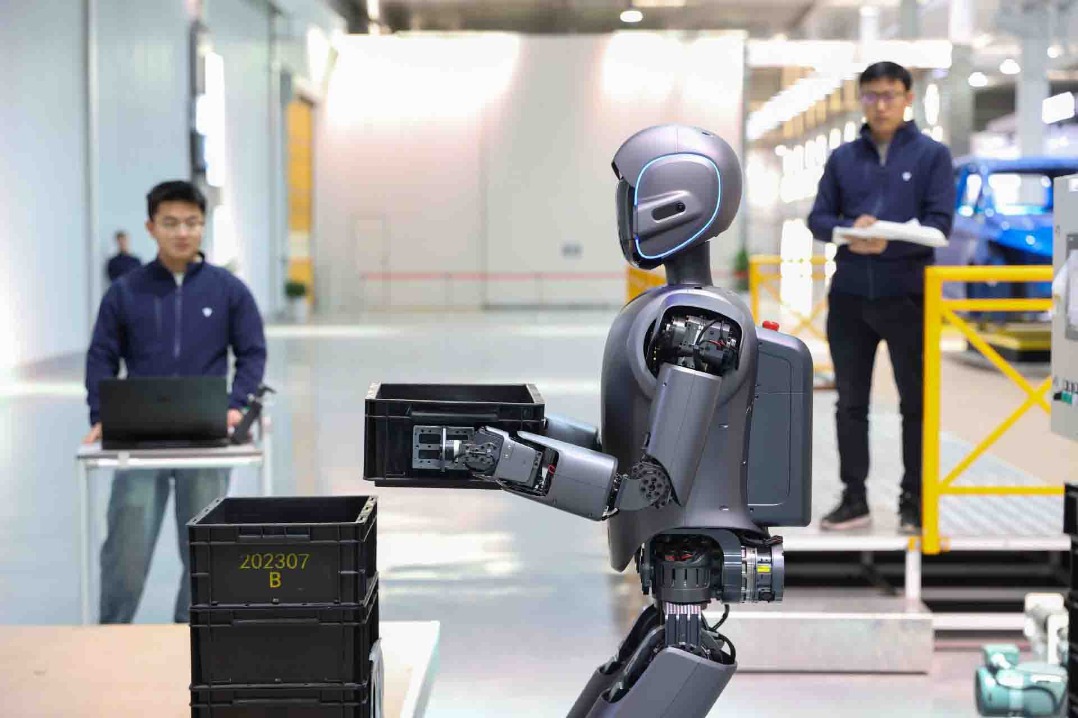VW revs up China comeback with local remedy

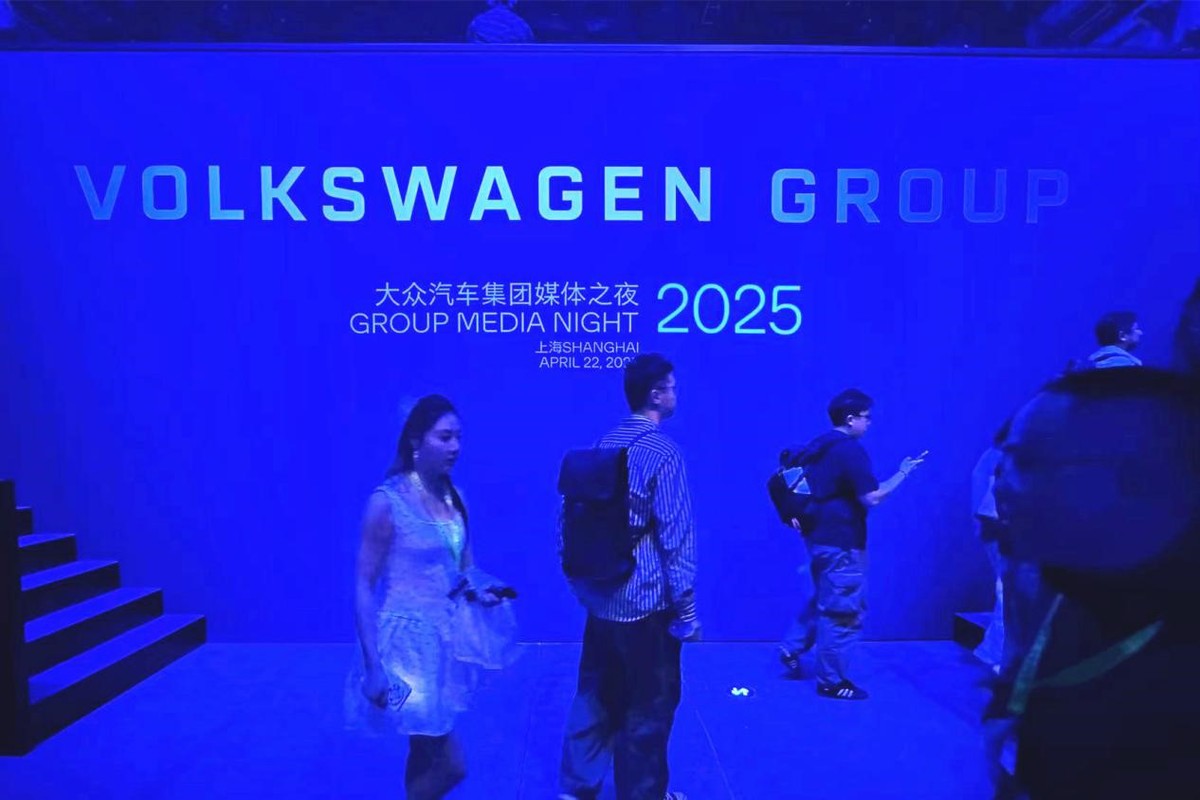
After two and a half years of strategic shifts and local adaptation, Volkswagen is confidently back at center stage in China, the world's largest and most competitive car market.
On the eve of the Shanghai auto show, the German car group unveiled 10 models from its brands, including five world premieres, which represent a new generation of models tailored to the demands of Chinese car buyers.
"To be very honest, we didn't have the right product strategy or the right approach to drive the business in China," Oliver Blume, chairman of the board of management of Volkswagen Group, told China Daily, recalling the situation around 2022.
"But at this auto show, we're not just talking about strategy or plans on paper — we're showcasing real results, and that makes me very proud of what the teams have accomplished," said Blume, with a smile of confidence and excitement on his face.
Volkswagen is rapidly advancing its electric and hybrid lineup, with a series of new models set to launch in China over the next 18 months, as part of its biggest e-mobility offensive.
More importantly, these are not models engineered in Germany, but developed locally in China with Chinese solutions, making them more appealing to local customers.
What turned the situation around in two and a half years is the German giant's "In China for China" strategy.
"For us, 'in China, for China' is not just a slogan — it's our execution mode," said Ralf Brandstaetter, chairman and CEO of Volkswagen Group China.
Brandstaetter took the current position in 2022, when the German carmaker was losing ground in its largest market, facing competition from local rivals including BYD and Geely.
Soon after he arrived in Beijing, Volkswagen began making moves that now turn out to be forward-looking and far-reaching.
In October of the same year, the company announced a 2.4 billion euros deal with Horizon Robotics — its largest single investment in China to date.
The centerpiece of this strategy is Volkswagen's 3.5 billion-euro engineering center in Hefei, Anhui province, which has been pivotal in developing the company's new line of vehicles with functions that tech-savvy Chinese car buyers desire.
"Many companies claim this 'in China for China' approach, but for us, it's a real strategy brought to life," said Brandstaetter.
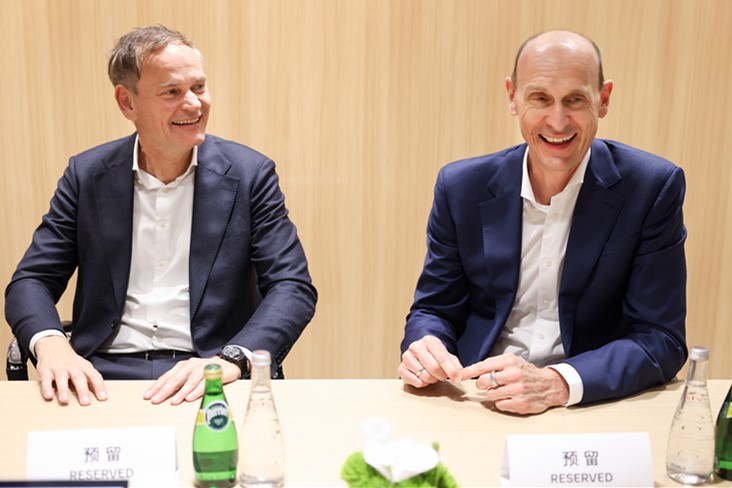
For Brandstaetter, this even goes beyond corporate policy. He takes Chinese language lessons, practices Chinese calligraphy, and even eats dumplings in a Chinese restaurant in Germany to celebrate Spring Festival.
"We're committed to local development; it's our clear path forward," he said.
Despite Volkswagen's renewed confidence, the challenges ahead remain formidable.
Volkswagen's long-standing dominance in China — once unquestioned — has been eroded by the rise of local players, who have managed to develop highly competitive, locally adapted offerings.
Brandstaetter is acutely aware of these realities. When asked if he can now breathe a sigh of relief, now that a new generation of models tailored for the Chinese market are just around the corner, his answer is a quick "No".
"We are not relieved — we are confident, but I think the competition is tough here in China, and this will be an ongoing challenge in the coming year."
He went on to explain that Volkswagen will never be as fast as the Chinese carmakers, "because for us, quality, safety, and reliability carry the same weight as digitalization in our vehicles".
"This is our promise to our Chinese customers: when they get a Volkswagen product, they can rely on these core values," said Brandstaetter.
Blume said he enjoys competition, likening it to sports, where competition helps improve one's performance. "If you aren't improving week after week, that means you are lazy — and that changes us and makes us better."
He said China is like a "fitness center" for the global automotive industry, where global carmakers can sharpen their competitive edge by operating in this market.
"Now, we feel fitter than we did two years ago. The customer will decide who wins in the market. You don't need to fear the battlefield when you're prepared.
"After two or three years of very, very tough work here in the market, we believe we're far better prepared than before — and therefore, we're confident," said Blume.
- Chinese tech to aid global smart cars
- Auto Shanghai 2025 sees old vs new, tech vs legacy
- 'In China for China' strategy paying off, say VW executives
- Auto Shanghai unveils automakers' strategic focus on intelligence, global vision
- Shanghai's Jiading unveils first batch of industrial innovation scenarios
















